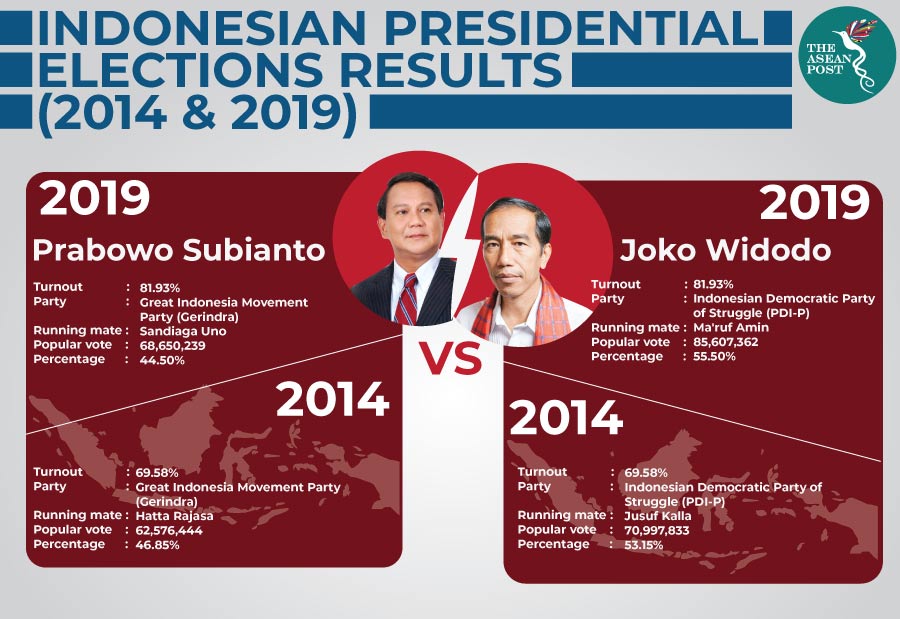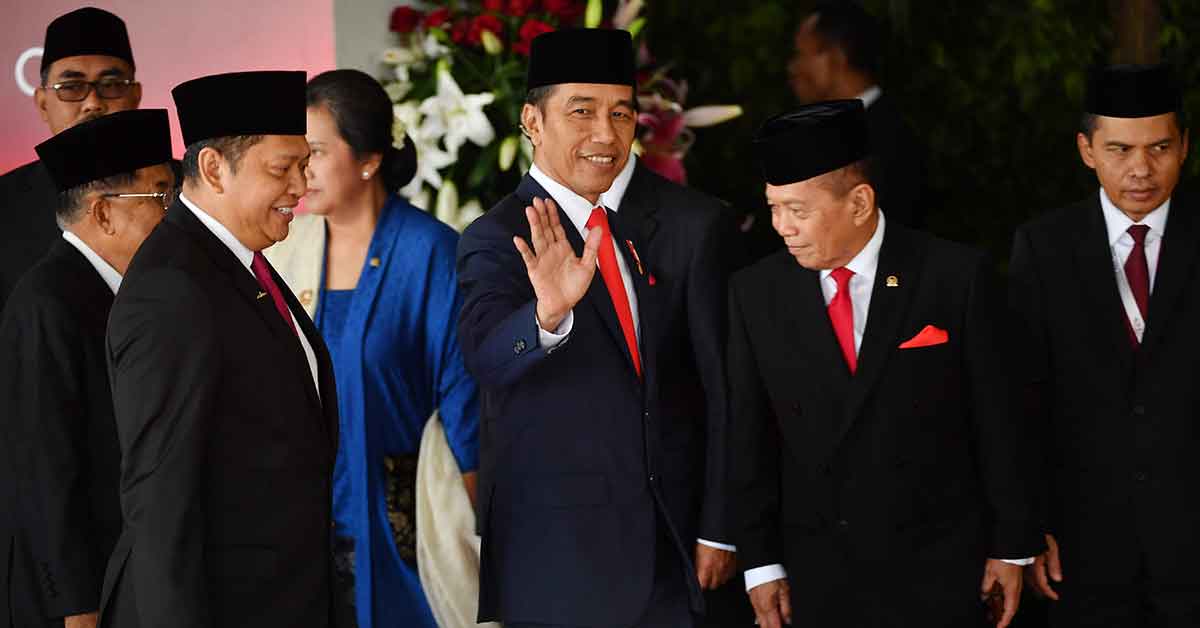Heading towards the end of last month, Indonesia’s People’s Consultative Assembly (MPR) had received proposals to revise constitutional provisions in order to increase the term of office for a president and vice president.
The country’s current Constitution stipulates that a president and vice president may serve only two five-year terms in office, making for a maximum of 10 years.
However, on 21 November, Assembly Deputy Speaker Arsul Sani revealed that proposals had been put forth for amendments to the 1945 Constitution. Among those proposals included increasing the presidential term limitation to three terms from the current two.
“Some suggest that the limit be three terms. Well, it’s still just a discourse as there have been other proposals as well,” Asrul, a United Development Party (PPP) politician, told Indonesian media.
Nevertheless, Indonesian President Joko “Jokowi” Widodo – who is currently serving his second term – has not shown any support for such proposals.
While initially keeping quiet on the subject, last Monday the media quoted Jokowi as saying that Indonesia's lawmakers should stop attempting to amend the 1945 Constitution and instead focus their attention on fighting "external pressures" and improving the economy.
In a Twitter post, the president made his opposition to the idea of extending the term limit of the presidency as clear as day.
"My position is clear: I disagree with the suggestion to extend the presidential term limit to three periods. This will only cause problems for me," he said.
According to reports, Jokowi had apparently told the MPR that he was sceptical about the idea of amending the Constitution since he thought the idea could potentially snowball into a raft of hasty and unconstitutional changes to the system.
He said his fear had turned into reality with the current clamour for indirect elections and the pressure to extend the presidential term limit.
An indirect election is an election in which voters do not choose between candidates for an office, but elect people who then choose. It is one of the oldest forms of elections, and is still used today for many presidents, cabinets, upper houses, and supranational legislatures.
Conversely, a direct election - the type that Indonesia uses - is a system of choosing political officeholders in which the voters directly cast ballots for the persons, or political party that they desire to see elected. The method by which the winner or winners of a direct election are chosen depends upon the electoral system used.

Could Jokowi win another term?
While Jokowi’s opposition to the proposal has been made clear, the question as to whether Jokowi could in fact obtain victory for a third time still remains a big question. What would make this especially interesting is if the proposal for a third term is accepted while Indonesia maintains direct elections.
Looking at the previous two presidential elections (in 2014 and 2019), there are two things that are immediately clear: (1) Voter turnout had increased by more than 12 percent. (2) Jokowi managed to increase his popular vote count by 14,609,529.
It is noteworthy, however, that in both instances Jokowi went up against Prabowo Subianto. Whether another competitor would have shown different results is still – at this point – only speculation.
Regardless, Jokowi told local media at Merdeka Palace in Central Jakarta that it would be better if there was no amendment, emphasising that he was “the product of a direct election”.
Jokowi admitted he was initially open to the idea of a limited constitutional amendment to revive the now-defunct State Policy Guidelines (GBHN). However, as discussions had since strayed from this initial idea to include proposals to increase the presidential term limit from two terms to three and for the People’s Consultative Assembly (MPR) to elect the president, he said it was better to scrap plans for an amendment altogether.
“[This proposal] has three [possible meanings] for me. One, [they] want to slap my face; second, [they are] a sycophant; or three, [they] only want to ensnare [me],” he said.
Proposals to amend the 1945 Constitution have been put forth at the MPR for the past few months, with MPR Speaker Bambang Soesatyo initially indicating he would pursue a limited constitutional amendment to revive the GBHN upon being elected to the position. However, discussions have since snowballed, with parties floating ideas to increase the presidential term limit and scrap direct elections.
Nahdlatul Ulama (NU), the country’s largest Islamic organisation, also recently suggested that the president and vice president should be elected by the MPR, an arrangement that harks back to the days of the New Order era under former Indonesian President Suharto’s regime.
Related articles:
